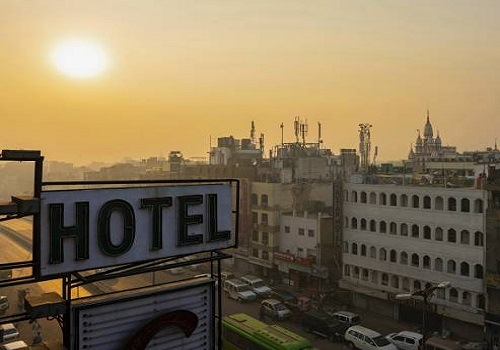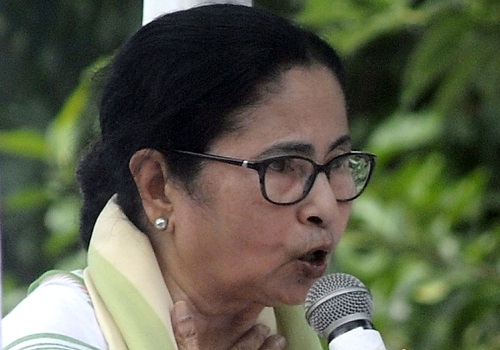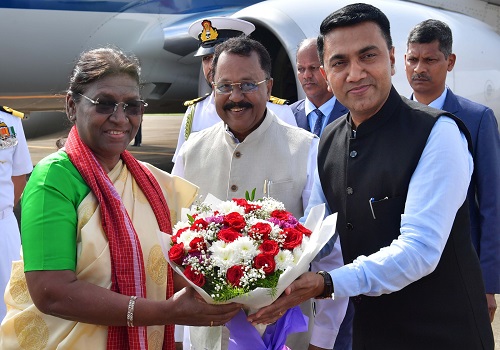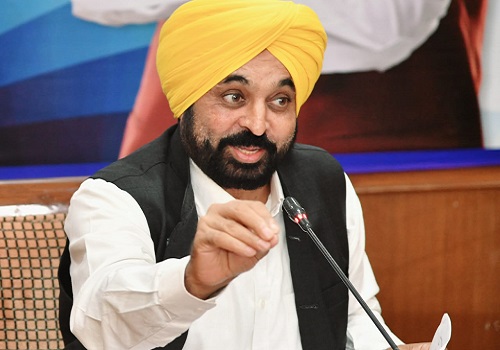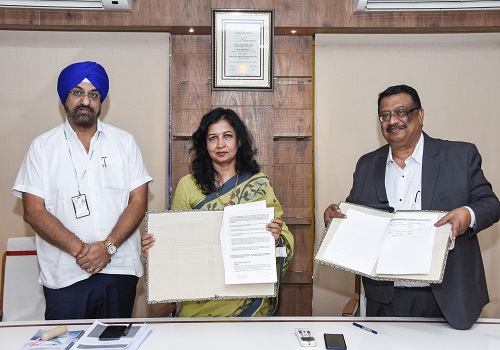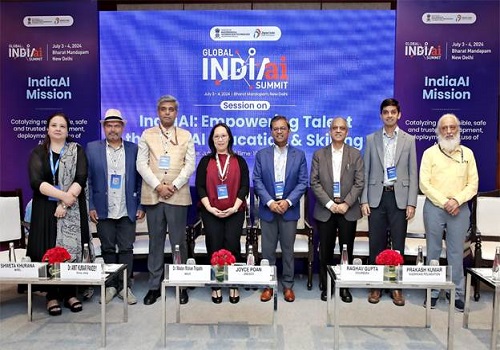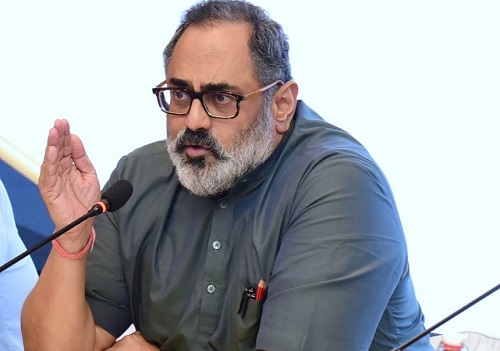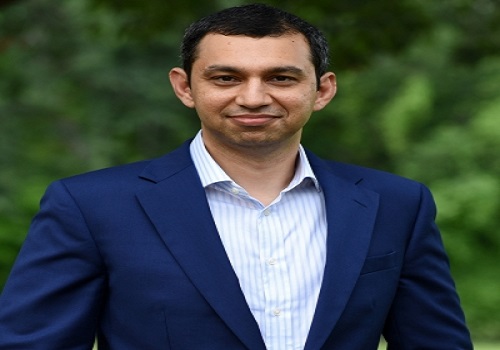Want to make Hyderabad startup capital of India: CM K. Chandrasekhar Rao
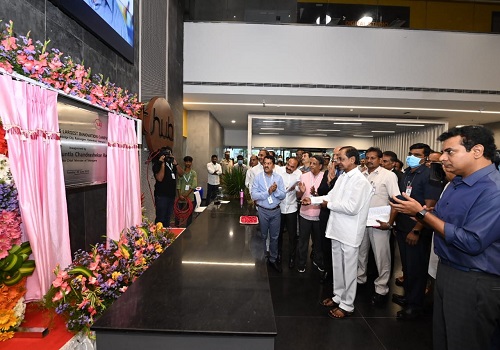
Follow us Now on Telegram ! Get daily 10 - 12 important updates on Business, Finance and Investment. Join our Telegram Channel
Telangana Chief Minister K. Chandrasekhar Rao on Tuesday said that his government wants Telangana to be known as the startup state of India and Hyderabad as the startup capital of India.
He was speaking after inaugurating the second phase of T-Hub, billed as the world's largest technology startup incubator, in Hyderabad.
Spread over 370,000 square feet and designed to house more than 1,500 startups, the swanky campus has come up at Raidrugi, a part of the information technology corridor.
The Chief Minister claimed that T-Hub, which was launched in 2015, has now become a national role model. He recalled that it was founded to bring in the best talent from across the country to nurture a startup ecosystem.
"Today, I can proudly say we have created a world-class entity at T-Hub to promote entrepreneurship and innovation. Our state's startup policy is progressive, it has helped forge fruitful partnerships with both corporates and academia. This is something very uniquely wonderful about our state," he said.
KCR, as the leader is popularly known, pointed out that T-Hub has impacted over 2000 entrepreneurs and seen $1.19 billion raised in funding by T-Hub startups. It has facilitated connections with venture capitalists and angel investors, establishing a brand name synonymous with innovation.
He also noted that Telangana state's startup ecosystem is valued as among the top 10 global ecosystems in affordable talent, and is among the top 15 startup ecosystems across Asia in attracting funds.
"In 2021, the startup ecosystem of Telangana was valued at $4.8 billion. Among cities in India, Hyderabad offers the best standard of living, and we want Hyderabad to be known as the startup capital of India. Our startups are providing valuable collaboration to the main sectors of our economy, namely IT, life sciences, aerospace, and defence, and automotives, including electric vehicles," he said.
Noting that many startups have also created products and solutions relevant for social sectors like education, health, agriculture, sanitation, and environment, KCR said all this became possible due to the very progressive policies in the state like TS-IPass, TSBpass, and Telanganaas start up and innovation policy.
"We have made doing business easier for the startups, ensuring that they receive mentorship support, get connected with knowledge institutions and corporates as per their requirements, receive funding support, and most importantly receive automatic job orders from government departments if their product or solution is of relevance to us."
He recalled that the journey of T-Hub started as an idea, eight years ago, when Telangana became the youngest state in India.
Around the fulcrum of T-Hub, the government promoted sister institutions to support different requirements of an entrepreneur. Today all of these institutions also, namely We-hub, T-Works, TSIC, RICH, and TASK, have become champions in their own right, he claimed.
KCR said the first phase of T-Hub showed that there is a huge appetite for entrepreneurship among the youth in India. "We felt we must capitalise on this appetite. That we must provide them with best support from the startup stakeholders and give them a space for high-quality incubation and acceleration. Three years ago, our government decided to invest in the 2nd phase of T-Hub. This new facility is five times bigger. Our aim is to incubate the next generation of startups that would one day be strong pillars for our Indian economy. We hope that, through T-Hub, these startups can strengthen their entrepreneurial spirit and bring global recognition to our state and the country with their accomplishments."
Stating that India is only weeks away from celebrating the 75th anniversary of its independence, he underlined the need to provide a clear vision and roadmap for the country about its future, especially to youth. "Young India is an aspirational India. It wants to be challenged and seeks to compete globally. Our government recognised this aspirational India early on and wanted to put young India on the global map. We wanted to build an India known equally for its entrepreneurial and technology capabilities," he added.







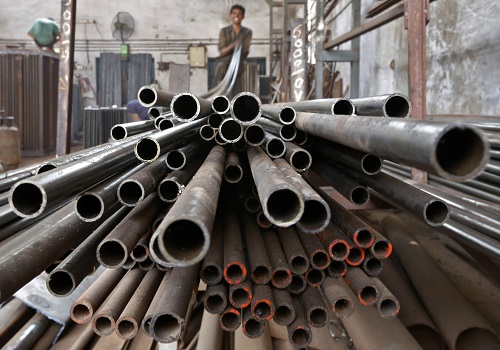




 320-x-100_uti_gold.jpg" alt="Advertisement">
320-x-100_uti_gold.jpg" alt="Advertisement">

